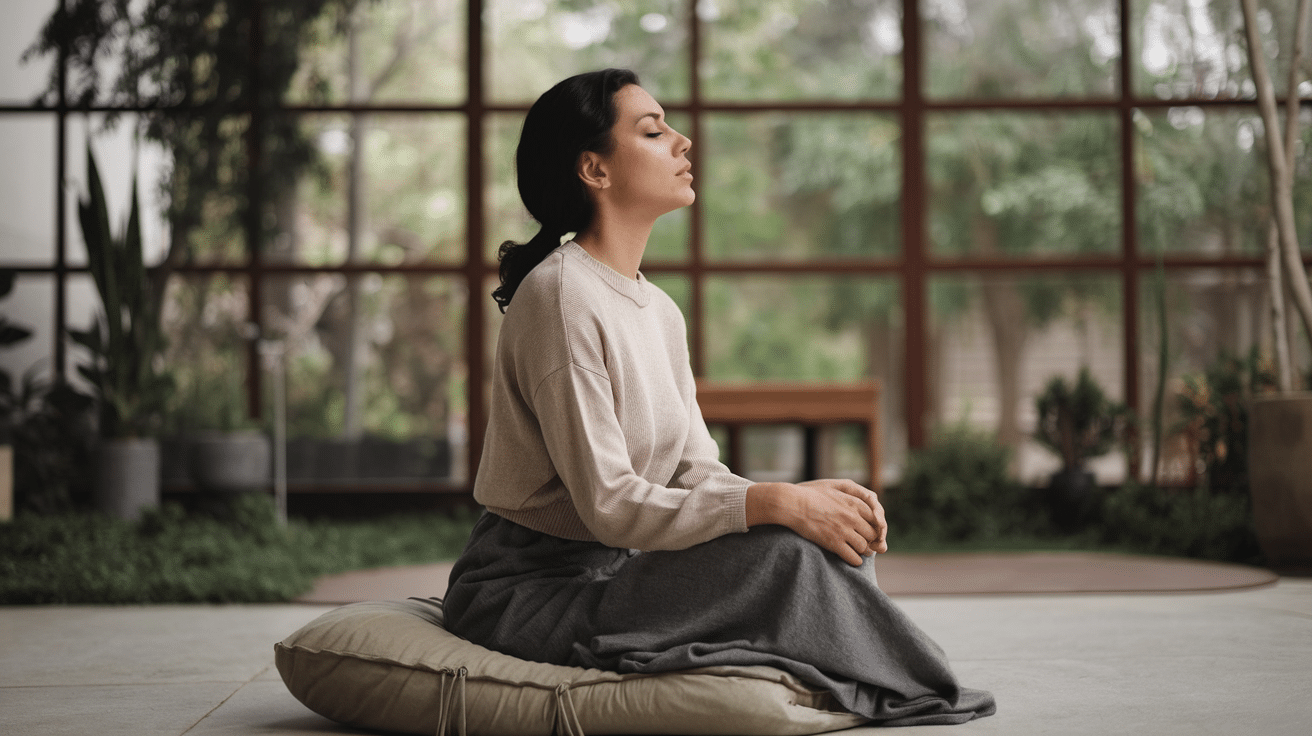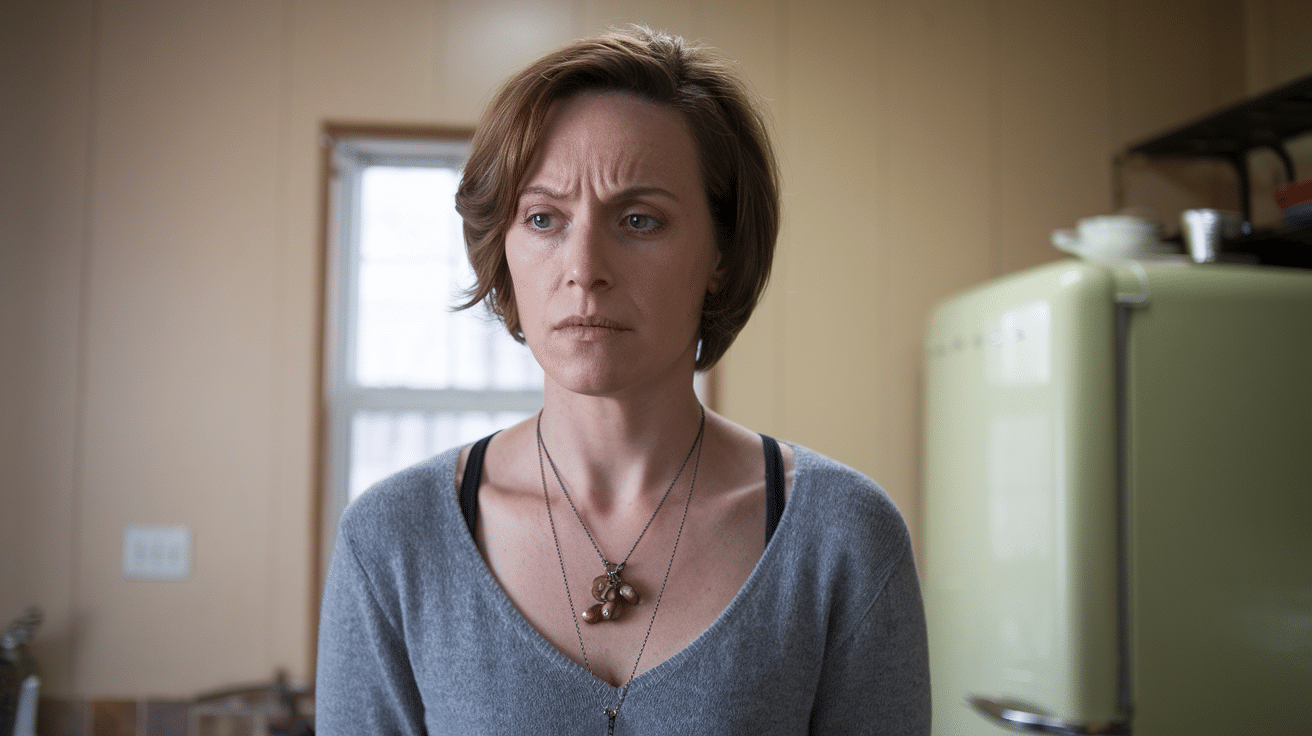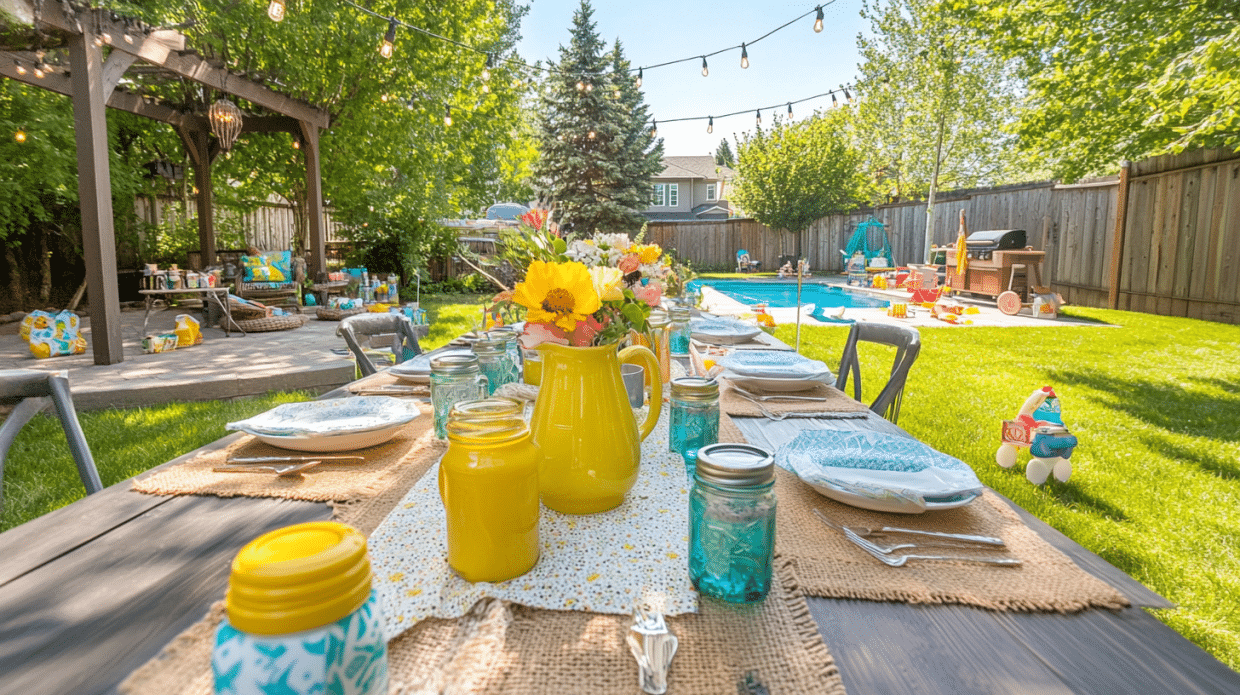Control shows up in all parts of our lives. Sometimes we need more of it, and sometimes we need to let it go.
Do you ever feel like someone is trying to run your life? Or maybe you struggle to control your own reactions? You’re not alone.
In this blog, we share some powerful quotes about control in three main areas: controlling your own actions, dealing with controlling people, and knowing when to let go.
You’ll learn how to spot controlling behavior, build better self-control, and find peace by accepting what you can’t change.
These practical insights will help you create better relationships and make smarter choices every day.
Understanding Control
Finding the right balance between controlling ourselves and accepting what we cannot change creates the foundation for a healthy, balanced life.
Control comes in two main types. First, there’s self-control – how we manage our actions and reactions. Second, there’s trying to control other people or outside events.
People who need to control everything often try to manage how others think, make all decisions without input, get upset when things don’t go as planned, and feel anxious when facing the unknown.
Why is Control Important?
Having the right amount of control matters for our mental health and how we connect with others.
Too little control over one’s own life can make one feel helpless, and too much attempt to control others can ruin friendships and relationships.
| Good Control | Bad Control |
|---|---|
| Taking charge of your own actions | Trying to force others to obey you |
| Setting healthy limits with others | Getting upset over things beyond your power |
| Making good choices about your time | Micromanaging every part of life |
| Accepting what you cannot change | Using guilt or shame to make people do what you want |
The goal is not to control everything but to focus our energy on what truly matters and what we can actually change.
Self-Control Quotes
Self-control is the foundation of personal power. By mastering your thoughts and actions, you gain a type of freedom that nobody can take away from you.
These quotes offer wisdom on the path to greater self-mastery.
The Power of Self-Mastery
People who master themselves often find that other parts of life fall into place, too. They stay calm during tough times and make better choices.
- “Control your destiny or somebody will.” – Jack Welsh
- “Rule your mind or it will rule you.” – Horace
- “The control centre of your life is your attitude.” – Unknown.
- “You have power over your mind – not outside events.” – Marcus Aurelius
- “Self-discipline begins with the mastery of your thoughts.” – Napoleon Hill
- “What man’s mind can create, man’s character can control.” – Thomas Edison
- “When you can’t control what’s happening, challenge yourself to control the way you respond to what’s happening. That’s where your power is.”- Unknown.
- “Most powerful is he who has himself in his own power.” – Seneca
- “He who controls others may be powerful, but he who has mastered himself is mightier still.” – Tao Te Ching
- “Self-control is strength. Calmness is mastery. You have to get to a point where your mood doesn’t shift based on the actions of others.” – Unknown.
Overcoming Desires and Fears
Self-control helps us fight against our worst impulses. We all face fears and wants that can lead us down bad paths. With self-control, we can choose what’s good for us in the long run.
Our fears often stop us from growing. Our wants can trap us in bad habits. Learning to manage both is key to a happy life.
- “He who reigns within himself is more than a king.” – John Milton
- “If you do not conquer self, you will be conquered by self.” – Napoleon Hill
- “You have no control over what the other guy does. You only have control over what you do.” – A.J. Kitt
- “The best time for you to hold your tongue is the time you feel you must say something or bust.” – Josh Billings
- “You can influence, direct, and control your own actions. You cannot force, direct and control the actions of others.” – Stephen Covey
- “Not being able to control events, I control myself, and adapt myself to them if they do not adapt to me.” – Michel de Montaigne
- “If you learn self-control, you can master anything.” – Unknown.
- “The man who masters his own soul will forever be called master.”- Unknown.
- “In the end, self-control is knowing the difference between what you want now and what you want most.” – Unknown.
- “The first and greatest victory is to conquer yourself.” – Plato
- “The strength of your mind determines the quality of your life.”
Controlling People Quotes
Recognizing controlling behavior is crucial for protecting your mental health and personal freedom.
These quotes shed light on the tactics controllers use and why they behave this way.
Understanding these patterns helps you make better relationship choices.
Recognizing Controlling Behavior
Most controlling people use sneaky methods. They might make you feel guilty, use silent treatment, or act like they know what’s best for you. They often mask control as “caring” or “helping.”
- “Controlling people often use passive-aggressive behaviors to get what they want” – Preston Ni.
- “Nobody who tries to control and dominate you is interested in your well-being.” – Iyanla Vanzant.
- “When people try to control you, you are repelling them with your integrity not complying with their manipulation.” – Coleman Barks.
- “I have no interest in trying to control people’s emotions or opinions.” – Sarah Kane.
- “Never allow someone’s unsound judgment about you to taint your perception of your own self-worth.” – Dodinsky
- “You can control someone by giving them your approval.” – David Hawkins
- “Controllers seek to restrict the other person’s freedom and autonomy through manipulation, criticism, possessiveness, threats, guilt trips, and other toxic tactics” – Unknown.
- “At its core, controlling behavior seeks to regulate, restrain, and subordinate others” – Unknown.
- “Controllers have an excessive need for dominance that stems from deep insecurities.” – Unknown.
- “Control makes abusers feel safe and mitigates their anxiety.” – Unknown.
The Consequences of Control in Relationships
When someone tries to control you, it slowly breaks down the good parts of your relationship. Trust fades, your confidence drops, and you start to feel trapped.
People in controlling relationships often lose touch with who they really are. They stop trusting their own thoughts and feelings. Over time, this can lead to serious mental health problems.
- “Controlling partners often try to cut off outside friendships and family ties” – Darlene Lancer.
- “You cannot control someone else’s weakness. You can only control how you react to it.” – Jeffrey Fry.
- “The target feels suffocated, constrained and unable to be themselves.”- Unknown.
- “Over time, controlling dynamics can inflict deep psychological wounds, destroying self-esteem and confidence.” – Unknown.
- “Controllers demand obedience, conformity, and dependence from the target of their control.” – Unknown.
- “Controlling behavior erodes trust and undermines healthy boundaries in relationships.” – Unknown.
- “Controlling behavior may be driven by jealousy, trust issues, feelings of inadequacy, or the need to micromanage everything.” – Unknown.
- “By keeping others dependent on them, controllers create a false sense of power and importance.” – Unknown.
- “Controllers often use anger, shame, or intimidation to frighten the target into compliance.” – Unknown.
- “Excessive jealousy, demanding explanations for talking with other people.” – Unknown.
- “Controlling tactics may be driven by jealousy, trust issues, feelings of inadequacy, or the need to micromanage everything.” – Unknown.
Letting Go of Control Quotes
Letting go of our need to control everything is one of life’s hardest but most rewarding lessons.
These quotes remind us that peace often comes not from controlling more, but from accepting what we cannot change.
The Power of Acceptance
Sometimes, the strongest thing you can do is to stop trying to control everything. When we accept what we can’t change, we find a kind of peace that fighting reality never brings. This doesn’t mean giving up; it means putting your energy where it actually makes a difference.
Many people spend their whole lives fighting against things they can’t change. This wastes time and causes lots of stress. Learning to accept reality is the first step to changing what you can.
- “The need for control takes persistence, energy, and usually results in unhappiness.” – Ken Keyes Jr.
- “Grant me the serenity to accept the things I cannot change.” – Reinhold Niebuhr
- “When you let go of control and commit yourself to happiness, it all works out.” – Brian Tracy.
- “When you stop chasing the wrong things you give the right things a chance to catch you.” – Lolly Daskal
- “The only person you are destined to become is the person you decide to be.” – Ralph Waldo Emerson.
- “The more you take responsibility for your past and your future, the more you are able to create the present that you want.” – Oprah Winfrey.
- “The first step toward change is awareness. The second step is acceptance.” – Nathaniel Branden.
- “The key is to keep company only with people who uplift you, whose presence calls forth your best.” – Epictetus.
- “If you love someone, set them free. If they come back they’re yours; if they don’t they never were.” – Richard Bach.
- “I’ve learned the hard way that a great deal of the control we believe we have over our lives is an illusion.” – Angel Chernoff.
Flexibility in Life
Life changes constantly. People who can bend with these changes do much better than those who stay rigid. Being flexible means you can adapt to new situations and grow from them.
Flexibility helps us bounce back from hard times. When one path gets blocked, flexible people find new ways forward. This skill makes handling life’s ups and downs easier.
- “You cannot control what happens to you, but you can control your attitude toward what happens to you.” – Brian Tracy.
- “The first step toward change is awareness. The second step is acceptance.” – Nathaniel Branden.
- “Today is a choice. Today, choose grace over impatience, beauty over negativity, and presence over panic.” – Marc and Angel Chernoff.
- “There is absolutely nothing about your present situation – even the aspects you can’t control – that prevents you from making little bits of progress today.” – Marc and Angel Chernoff.
- “You are alive and breathing, so behave like it. Let go of what’s wrong and grab a hold of what’s right.” – Marc and Angel Chernoff.
- “Keep being mindful. Keep breathing deeply. Things ultimately turn out best for people who make the best out of the way things turn out” – Marc and Angel Chernoff.
- “Don’t bother worrying about whether there will be problems. There will be plenty of them, and you’ll work your way through every one of them” – Marc and Angel Chernoff.
- “If you worry too much about what might be, and wonder too long about what might have been, you will ignore and completely miss what is.” – Marc and Angel Chernoff.
- “You can’t control everything that happens to you, but you CAN control the way you respond.” – Marc and Angel Chernoff.
- “Most of your stress comes directly from the way you think and respond, not the way life is.” – Marc and Angel Chernoff.
- “In your response is your greatest power.” – Marc and Angel Chernoff.
Dealing with Controlling People
Dealing with controlling people requires recognizing early warning signs and setting firm boundaries. Controllers often start with small demands that grow over time, disguising control as care.
They might restrict your friendships, monitor your activities, criticize you publicly, or use anger to get their way. These behaviors typically worsen if ignored.
Effective boundaries involve saying “no” clearly without lengthy explanations, walking away from heated situations, trusting your instincts, and surrounding yourself with respectful people.
Remember that healthy relationships support your freedom and independence, while controlling ones diminish them.
If someone in your life is controlling, try these steps:
- Name the behavior: I notice you check my phone often.
- Then express how it affects you: This makes me feel untrusted.
- State your boundary: I need my privacy respected.
- And share the consequence: If this continues, I’ll need to rethink our relationship.
Getting help from others can also make a big difference. Talk to friends, family, or a counselor about what you’re going through.
Outside perspectives often see control tactics more clearly than we can when we’re in the middle of them.
Remember that you have the right to make your own choices. No one should control your life but you.
The Benefits of Self-Control and Letting Go
Finding the right balance between control and acceptance transforms every area of life.
These complementary skills work together to create mental peace and healthier relationships while reducing stress and increasing personal power.
Personal Growth and Freedom
When you master self-control and stop trying to control others, your life improves quickly. You make better choices and waste less energy on things you can’t change.
Self-control helps you act with purpose rather than react to situations. You think before you speak and choose actions that match your goals.
Letting go of controlling others frees your mind and improves your relationships. People enjoy being with you more when you accept them as they are.
The combination of these skills creates a balanced life in which one focuses on what matters and lets go of what doesn’t.
Cultivating Emotional Resilience
Self-control improves one’s ability to handle life’s ups and downs. Each time one manages a strong emotion, one gets better at it.
This practice helps you stay calm during tough times. It also helps you recover faster from setbacks and solve problems more clearly.
People with good emotional control have less stress and more confidence. They know they can handle whatever comes their way.
To develop this skill, practice pausing before reacting to small upsets. This small habit can make a big difference in how you handle life’s challenges.
Actionable Steps to Build Control
Building better control happens through consistent practice. Here are straightforward steps to improve your self-control day by day.
- Plan for success: Take five minutes each morning to plan your day and prepare for challenges. Set regular times for meals, work, exercise, and sleep to create a stable structure.
- Use the pause-and-respond technique: When emotions run high, count to ten before responding. Combine this with “if-then” planning: “If I feel angry, then I’ll take three deep breaths first.”
- Take care of your physical foundation: Ensure you get enough sleep, proper nutrition and stay hydrated. Physical well-being directly impacts your mental control abilities.
- Practice mindful awareness: Take brief one-minute breaks throughout the day for deep breathing. Use a simple notebook to track your self-control wins and challenges.
- Build a support system: Find an accountability partner for regular check-ins and practice self-compassion when you make mistakes. Focus on changing just one habit at a time until it becomes natural.
Conclusion
Control is all about balance. Master yourself, not others. Good control means taking charge of your own actions and thoughts while letting others be themselves.
Watch for signs of controlling people in your life and set clear limits with them. When you focus on what you can change and accept what you can’t, life gets much easier.
Try the simple steps we shared to build your self-control day by day. Small changes lead to big results.
Which quote spoke to you most? Did any of these ideas change how you think about control?
Share your thoughts in the comments below—we’d love to hear from you!












